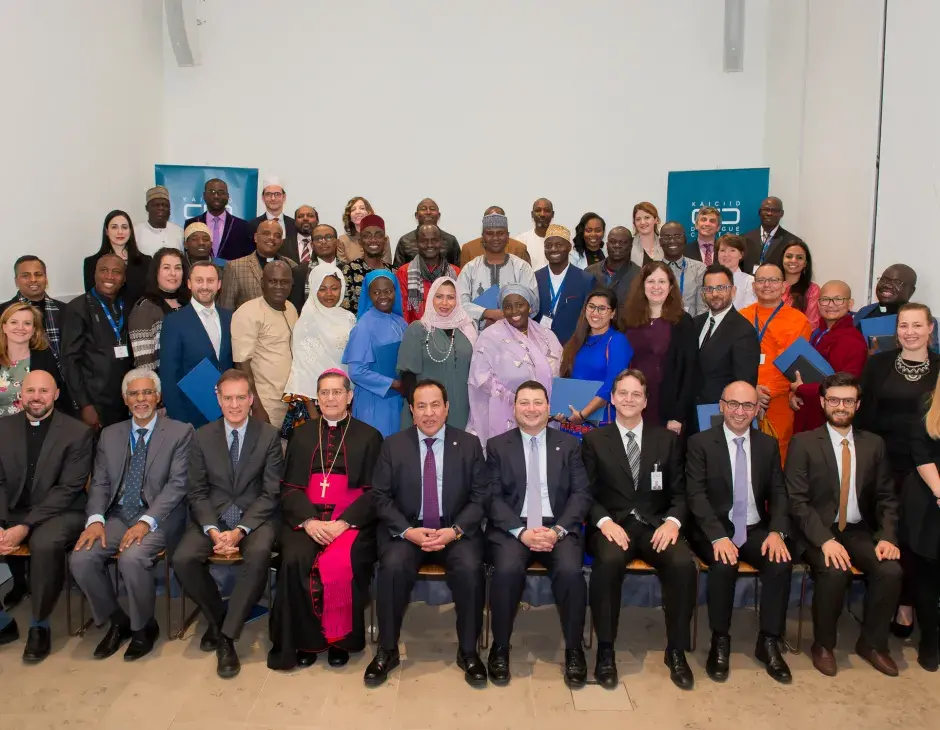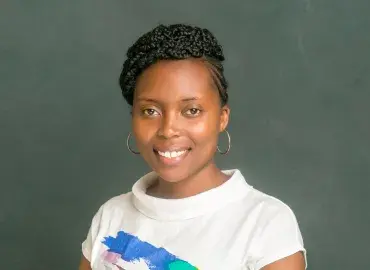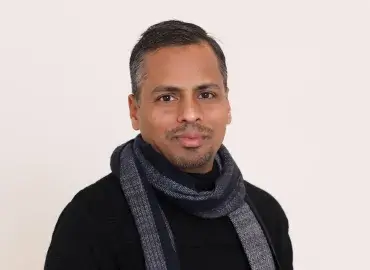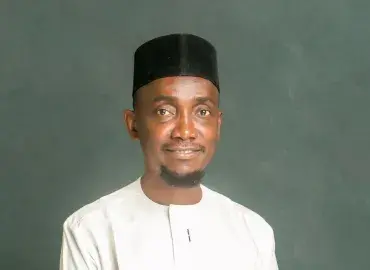Faced with rising violence, KAICIID Fellows 2018 graduate with the commitment to promote peace in their communities
Coming from 25 countries, 4 continents and 5 religions, the 2018 KAICIID Fellows graduated on 29 November 2018 with a strong commitment to promote peace and dialogue in their communities. This year, the Centre had 41 Fellows, belonging to two cohorts – the International Fellowship and the Regional African Fellowship.
During the graduation ceremony, the KAICIID Secretary General, Faisal bin Muaammar, referred to the increased need for dialogue ambassadors in the current world context: “Too many groups are manipulating and misusing religion to justify their violent acts. At KAICIID, we know that no religion calls for violence and, on the contrary, all religions search for peace. We know that through interreligious dialogue we can learn from each other’s traditions and dispel prejudices and misunderstandings. We know that we need more interreligious dialogue practitioners around the world”.
The 2018 Fellows experienced firsthand these challenges during the trainings in the field. In May, while the International cohort was gathered in Indonesia for their second training, the country reached international headlines with the horrific Surabaya attacks, where over a dozen people died and over 40 were wounded in suicide bomb attacks that targeted three churches. One day after the attacks, our Fellows visited sacred sites in Jakarta, including its main cathedral.
Following their graduation, four graduating Fellows share their experiences over the last year, highlighting the most important lessons learned and how the programme will have an impact on their future.
 Rabbi Naomi Rachel Kalish: “Learning about the Other helps us realize something about ourselves”
Rabbi Naomi Rachel Kalish: “Learning about the Other helps us realize something about ourselves”
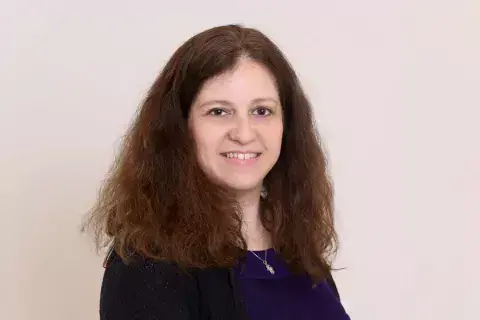
Naomi Rachel Kalish, Coordinator of Pastoral Care and Education at the New York Presbyterian Hospital, was very involved in dialogue work while she was studying to become a rabbi. She later decided to focus her professional work in chaplaincy but she always felt like “there was a missing piece” despite the diversity she encountered in her work on a daily basis.
Mercy Wambui Muigai: “I used to view interreligious dialogue as a debate and that has since transformed”
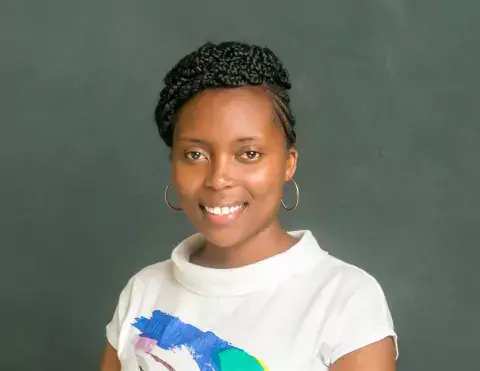
Mercy Wambui Muigai, the founder of Impact Communities, was shocked when she recently attended what was supposed to be an interreligious dialogue forum organised by students in her community, in Nairobi, Kenya. “It turned out to be a debate on the scriptures. They were asking questions like ‘was Jesus really the son of God?’ Despite their efforts and good intentions, you could see that there is still minimal understanding of dialogue in my community. There is still a long way to go for people to understand the concept of interreligious dialogue,” she recalls.
Ustaz Isa Friday Okonkwo: “I have used every available opportunity to promote peaceful coexistence”
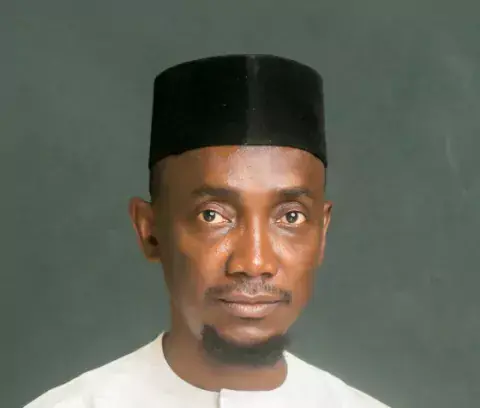
Ustaz Isa Friday Okonkwo is the Director of Administration of the Nigerian Supreme Council for Islamic Affairs, the umbrella organization for all Muslim bodies in the country. His organization, led by the Sultan of Sokoto, is involved in all local interreligious dialogue efforts and is promoting it in many ways. However, Isa believes that much still has to be done in his society, which is polarised along religious and ethnic divides.
Bhavya Srivastava: “This has been a blessed opportunity”
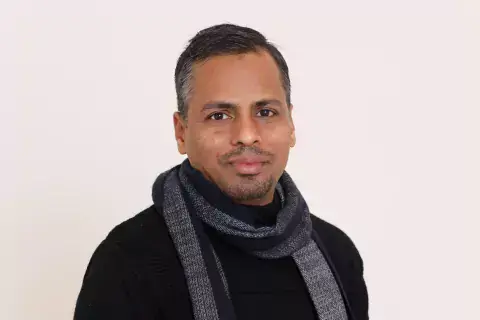
Bhavya Srivastava, a journalist covering religion since 2006, first heard about KAICIID in 2015, when he was reporting on the Parliament of the World’s Religions in Salt Lake City. “It was fascinating for me to find an organization that was doing interreligious dialogue with both governments and religious leaders. That is a very unique aspect of KAICIID,” he recalls.
Mercy Wambui Muigai, the founder of Impact Communities, was shocked when she recently attended what was supposed to be an…
Bhavya Srivastava, a journalist covering religion since 2006, first heard about KAICIID in 2015, when he was reporting on the…
Ustaz Isa Friday Okonkwo is the Director of Administration of the Nigerian Supreme Council for Islamic Affairs, the umbrella…

